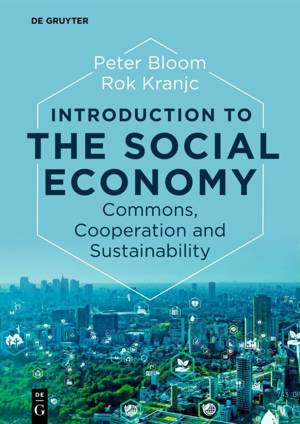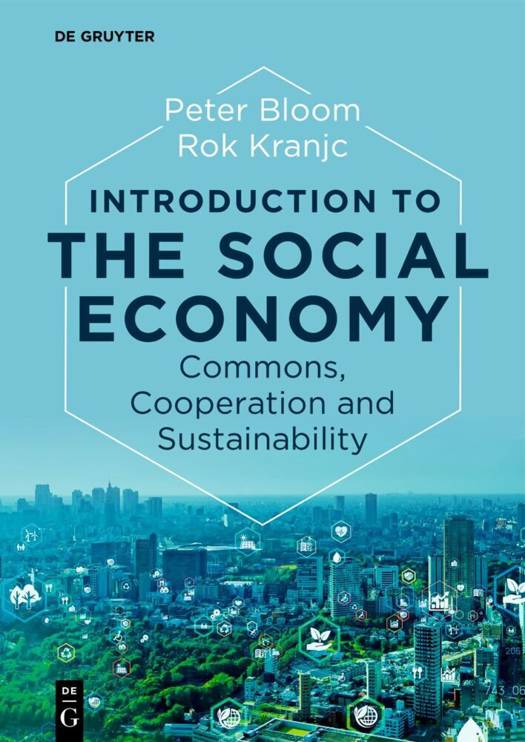
- Afhalen na 1 uur in een winkel met voorraad
- In januari gratis thuislevering in België
- Ruim aanbod met 7 miljoen producten
- Afhalen na 1 uur in een winkel met voorraad
- In januari gratis thuislevering in België
- Ruim aanbod met 7 miljoen producten
Introduction to the Social Economy
Commons, Cooperation and Sustainability
Peter Bloom, Rok KranjcOmschrijving
Mainstream economic models prioritize growth, individualism, and efficient allocation driven by self-interest. However, across history, groups marginalized or disillusioned by the status quo have imagined and constructed alternative economic systems - the "social economy", referring to organizations and enterprises oriented toward social goals and community benefit rather than profit maximization and centered on different values like cooperation, sustainability, democracy, and community benefit. In an accessible and unique manner, Introduction to the Social Economy explores the core topics that help to conceptually understand and practically implement a social economy.
The book presents a wide range of conceptions of alternative economic theories and models within the social economy, ranging from the solidarity economy to the commons to feminist and degrowth perspectives. It provides a standard set of knowledge and cases that can be drawn upon in a diverse set of disciplines and cultural contexts. Furthermore, it does so at multiple levels - from macro-economic theories and policies to organisational design and community-based transformation. It offers students an important set of understandings and tools for innovatively addressing contemporary grand challenges such as economic inequality and climate change.
Introduction to the Social Economy will be of immense benefit to scholars and students striving to study, advocate and organize economic activities to better serve human and ecological wellbeing.
Specificaties
Betrokkenen
- Auteur(s):
- Uitgeverij:
Inhoud
- Aantal bladzijden:
- 321
- Taal:
- Engels
Eigenschappen
- Productcode (EAN):
- 9783111079639
- Verschijningsdatum:
- 18/08/2025
- Uitvoering:
- Paperback
- Formaat:
- Trade paperback (VS)
- Afmetingen:
- 170 mm x 244 mm
- Gewicht:
- 512 g

Alleen bij Standaard Boekhandel
Beoordelingen
We publiceren alleen reviews die voldoen aan de voorwaarden voor reviews. Bekijk onze voorwaarden voor reviews.









